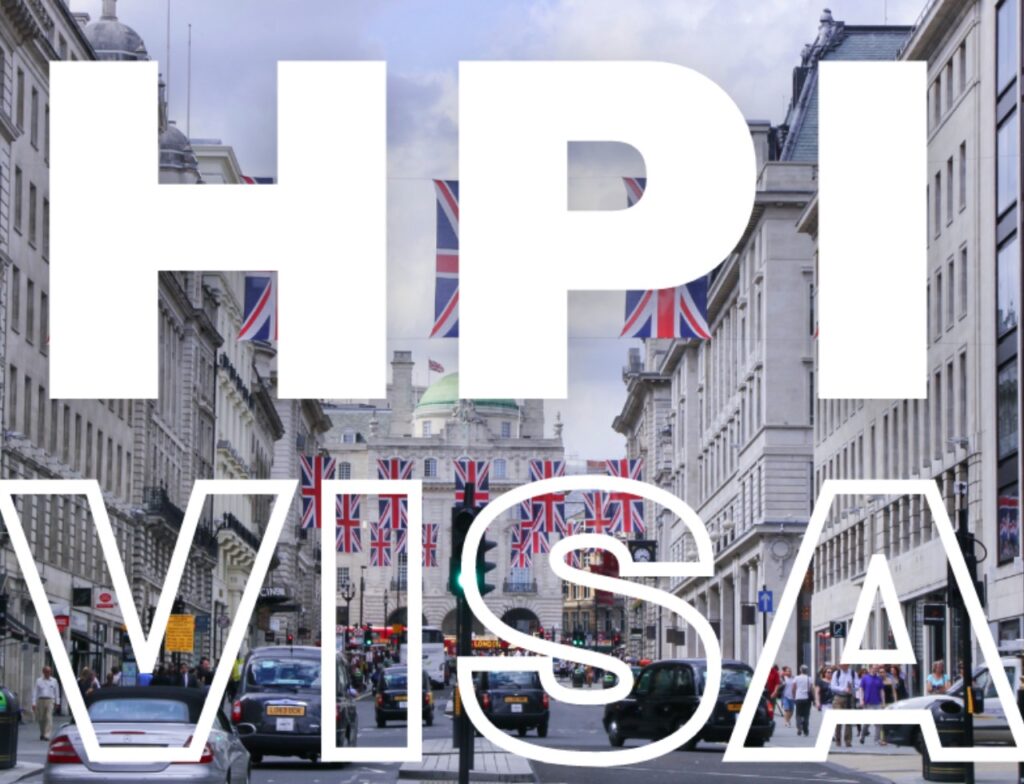Introduction
The United Kingdom has temporarily postponed an increase in the minimum income threshold that British nationals and permanent residents must earn in order to bring over their family members. This decision is likely to affect hundreds of Indian families. UK Home Secretary Yvette Cooper announced the decision in a written statement in the House of Commons. The current annual threshold of GBP 29,000 will not be changed until an independent Migration Advisory Committee has conducted a full review of the effects on families.
The Minimum Income Requirement
The minimum income threshold that would make one eligible to obtain a family visa is part of the sensitive balances the UK has been making between respect for family life and assurance of the economic welfare of the nation. In view of reducing immigration, several steps had been promised by the then-ruling Conservative government under Rishi Sunak. It would increase the minimum salary necessary to sponsor long-term family visas from GBP 18,600 to GBP 29,000, going further up to GBP 38,700 in line with the minimum income threshold under the Skilled Worker Visa route. This will represent a sharp increase.
Impact on Families
Analysts have stated that this steep rise in the income threshold would disproportionately affect the family plans of people with low incomes. UK Home Office statistics show that Indians formed the second largest group of family visa sponsors in 2023, with 5,248 applications, after Pakistanis at 14,330 and Bangladeshis at 3,534. This pause has provided a breather to thousands of families who would have found it hard to reach the higher income threshold.
Review by MAC and Future Directions
To ensure that any changes are well-founded, the Home Secretary, Yvette Cooper, has commissioned a review of the financial requirements in the family immigration rules by the MAC. This review would be based on striking a balance between family life and economic sustainability. Cooper said that there was a need to have a review so that the right balance can be struck, with a solid evidence base for any change.
Furthermore, the MAC invited consideration of the extent to which international recruitment has been relied upon in some key sectors, particularly IT and engineering. These have always been areas that have required high levels of international recruitment and have featured in shortage occupation lists without break for over ten years. He wants to make the MAC more effective by allocating more home office staff to its secretariat. It will now work strategically on forecasting future trends. Moreover, the committee can now make independent, evidence-based recommendations about areas of the immigration system.
Continued visa restrictions
While the government has changed, many of the visa restrictions introduced by the former Conservative government remain in force under the new Labour regime, including those preventing overseas students and care workers from bringing family dependents into the country. Cooper confirmed commitments to previous measures announced, which were designed to clamp down on the exploitation of the immigration system, particularly working with the Department for Education to ensure its effectiveness.
Conclusion
The pause by the UK government in its recent increase to the minimum income threshold for family visas has brought a sigh of relief to many families who would otherwise be affected by the revised and more stringent requirement. Changes in the future will be well-founded and balanced, forming part of the comprehensive review conducted by the MAC. This means that while the UK is still fine-tuning its immigration policies, emphasis has been placed on ensuring migration policy is in line with skills and labour market strategies to prevent immigration from becoming an alternative to training or solving workforce problems within the country.





